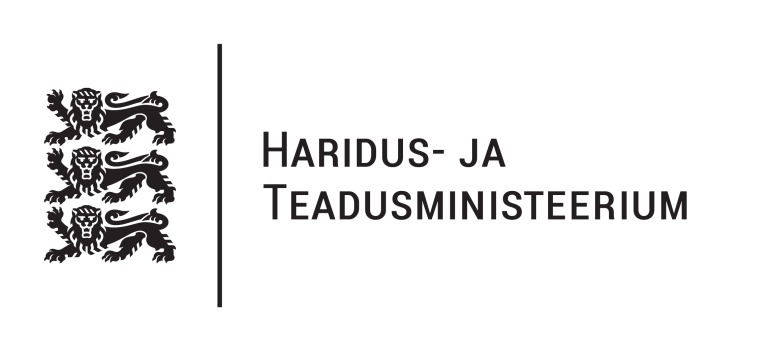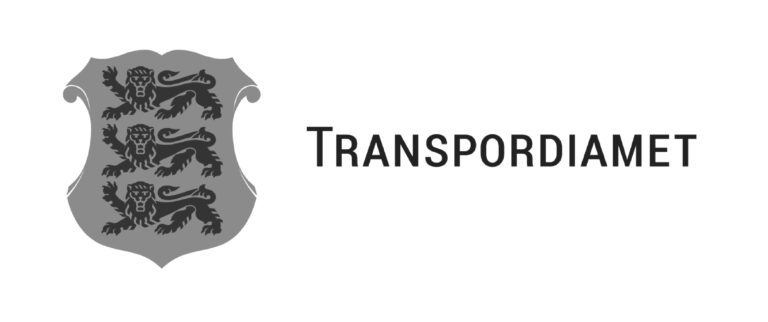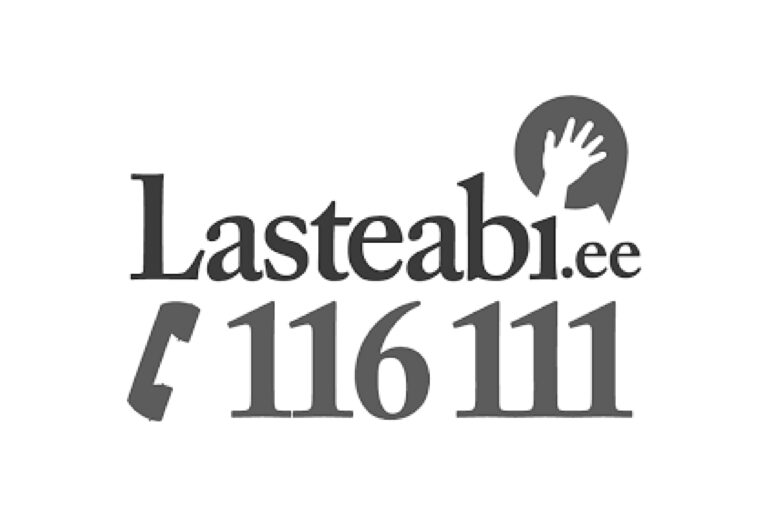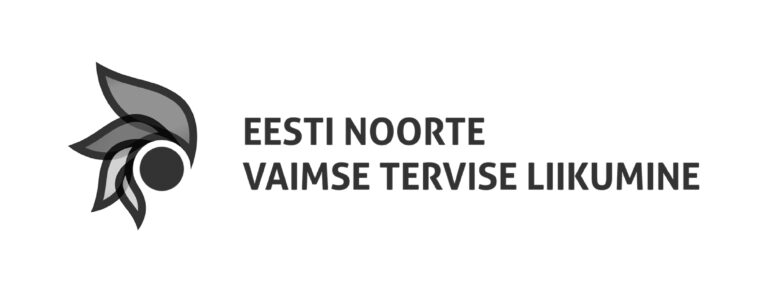Every job interview has so-called usual questions that will give the interviewer the most important information about you. In this article, we will share the most common questions that you should definitely be prepared to answer, and we will also share recommendations on how to answer these questions.
1. Talk briefly about yourself
Don’t repeat your entire CV or overload the interviewer with dates and detailed descriptions of previous work experience. Give a short overview of what you think is important for this position. Talk briefly about who you are and what is important to you. For example, environmental protection, an active lifestyle, or something else.
2. Why did you apply for this job?
With this question, the employer wants to find out why you’re applying for this position and whether your knowledge and skills meet the requirements. Think about the question: are the tasks listed in the job advertisement exactly what you would like to do daily? Is this the field where you want to apply your knowledge and acquire new skills?
3. What are your strengths and weaknesses?
The employer wants to know what kind of employee you are. They want to find out what qualities and strengths you possess that would support your suitability for the position. Don’t make it look like you’re reading a thesaurus. Point out your main personality traits that support your application for a particular position. It is very much necessary to give examples.
It’s definitely easier to talk about yourself in a positive manner than it is to list mistakes. Even so, try to turn such qualities or gaps in knowledge into positives by saying, for example, that you sometimes take work responsibilities too seriously or talk about your plans to participate in training.
4. Do you prefer to work as a team or independently?
This is an important question that might not be so easy to answer. It depends a great deal on the job and the team. When applying for a job, try to find out what the nature of the desired job is. Whatever your stance on this, be honest in your response. Give examples of how you have handled both situations. It’s worth being flexible when it comes to work organisation. The employer is actually looking for an employee who can handle both situations well.
5. How do you manage difficult or stressful situations?
In any job, difficult situations or stressful periods can occur. That is why the employer wants to know how you handle such situations. But, what’s more, this question will tell the employer how the employee assesses himself/herself and how they see difficult/stressful situations. It’s good to answer this question by using real life examples you have encountered, and it’s important to explain how you managed in those situations or what you learned from them.
6. Which accomplishments are you most proud of?
The employer wants someone on their team who wants to contribute to the development of the company or the field. It is very important that the employee is able to notice his or her own successes and praise him- or herself. This question also shows how the employee’s ability to present and sell their ideas and to analyse people and situations. If the employee can highlight successes, they can also highlight their own strengths and position themselves in the team.
7. Where do you see yourself in 5 years?
This, too, is an important question that is not very easy to answer. It’s usually thought that the employer wants to know whether the person has plans to stay in this position long term or not. That is probably also true, but mainly they want to know about the employee’s ambitions and plans. This question helps open up the person’s nature and what they appreciate and value.
8. What do you expect from your employer?
This question helps the employer understand what kind of work environment and team a person wants and what their expectations are for the new job. Often, this question reveals what the expectations for the direct leader and team are, and to the general organisational culture, for example, joint events. This allows the employer to decide whether the values of the employee and the organisation align.
9. What is your salary request?
Be informed of the salary range offered in the field, but also be critical of your own skills and think about what you have to offer to the employer. Representatives of the same profession can earn very different salaries. It depends on both the company and the knowledge and skills of the person. We recommend talking about a salary range that would take your skills into account.
10. Do you have any questions?
You have an opportunity to ask your employer questions – definitely take advantage of it! Always prepare a few questions, so that you wouldn’t have to timidly answer that you already found out everything you need. Inquire about the company’s joint events, work organisation, or perhaps about any activities that contribute to health. All this shows that you really want to get that specific position in that particular company, that it is not just some random application.
Prepared by the team of the youth information portal Teeviit.
Published in the youth information portal Teeviit in 2022.







